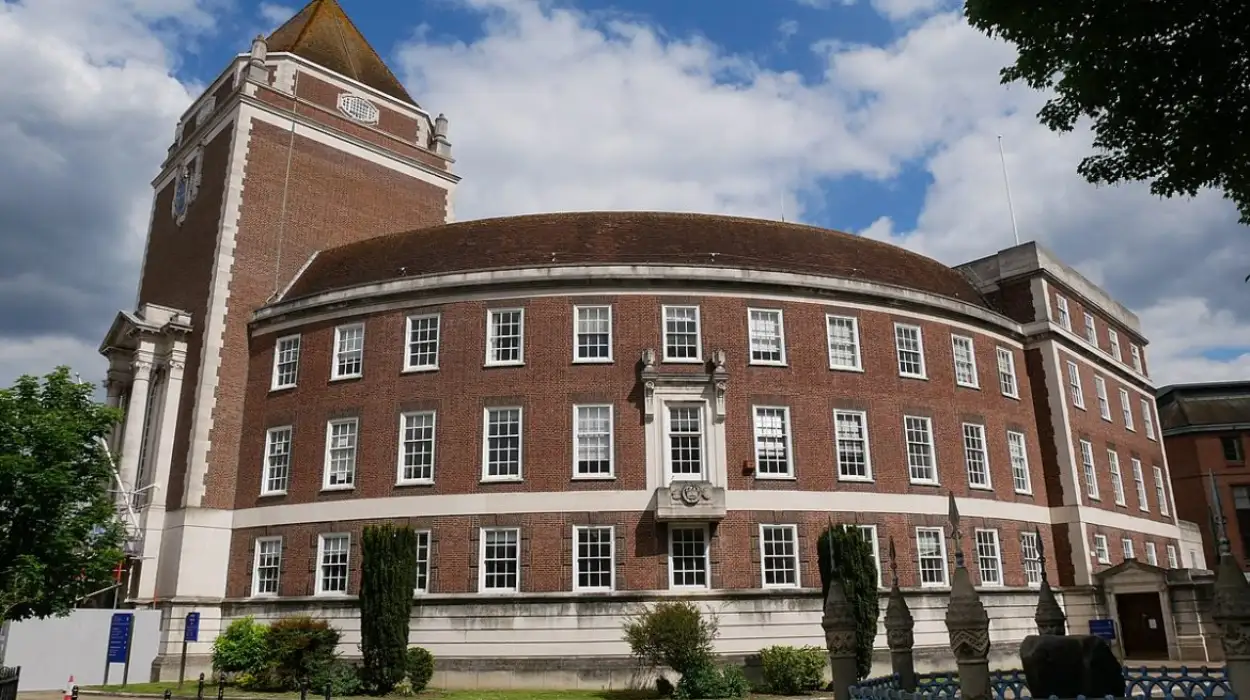Kingston upon Thames (Parliament Politics Magazine) – Kingston Council approves a nearly 5% council tax hike, keeping it the most expensive borough in London, according to new government data.
Council members agreed to the rise on February 27. It will result in a 4.99% increase in costs, with the typical Band D home bill going from £2,374 to £2,489.
Defending the rise, Cllr Andrew Wooldridge said:
“No council wants to increase council tax, but we must be honest about the alternatives. Without this budget, services that residents rely on, care for vulnerable adults, support for children and maintenance of our streets and public spaces would be at risk.”
An average household’s annual costs will increase by more than £100 due to the revised estimates for a Band D property, which include an additional £95.01 for the council and an additional £18.98 for the Mayor of London.
The inequality between London boroughs is exposed by the growth.
The entire annual fee is more than £100 more than that of nearby Richmond, which is expected to increase to £2,372, while Wandsworth, the least expensive borough in London, is about £1,500 less expensive at just £998.
The second most costly is Croydon, which is only £9 less expensive following an identical 4.99% increase, bringing costs to £2,480.
With a £1.4 billion debt load, it became the first borough in London to file for bankruptcy in 2020, and it will need to find £71 million to pay off its debts and interest by 2025.
Those living in Kingston have been left questioning why they are paying such a similar rate.
Kingston resident Tom Yelland said:
“It’s a joke. The council knows we have to pay it so they increase it.”
However, another local, Andrea Tucker, said: “Questions need to be asked of central government. They continue to give Kingston little or no settlement whereas other boroughs get heavily subsidised.”
The main cause of the tax hike, according to Kingston Council’s budget report, was severe financial strains combined with a growth in the demand for services like adult social care.
The Revenue Support Grant, which is government-awarded money with no constraints on its use, also provides the council with a small amount of money.
Since central government financing is mostly determined by perceived need, Kingston has historically received little because it is a very wealthy area.
This initiative is only estimated to provide 13.7% of Kingston’s funding, meaning that nearly 75% of its funds must come from council taxes.
In comparison, Tower Hamlets, a historically less affluent borough, only has to raise 35.6% of its revenue from council tax bills because more than 40% of its funding comes from government grants.
Wandsworth, the lowest-charging borough, claims that its effective financial management, low debt levels, and substantial financial reserves allow it to maintain low council taxes.
Leader of The Independent Group on Kingston Council, Cllr James Giles, said it was a question of priorities and accused councillors of “feathering their own nests, free food on the taxpayer’s dime and spending money on frills and fripperies”.
He said:
“Budgets are about political choices and to me, it’s a slap in the face to residents when you say to them, you have to pay more so we can take more.
It was just so staggeringly tone deaf that I was really quite taken aback.”
Giles went on to say that although adequate funding from the federal government was required, it could not be used as a justification for the council’s political decisions.
In March, Kingston residents will get their new council tax invoices.
Why is Kingston’s council tax so much higher than other boroughs?
Kingston Council is under a lot of financial strain, in part because the central government gives it very little money. Kingston would need to raise over 75% of its funds from council tax in 2025 because the Revenue Support Grant is only estimated to provide 13.7% of its income.
The fact that Kingston is regarded as an affluent area influences the distribution of government funds. Less wealthy boroughs, such as Tower Hamlets, receive a larger proportion of their financing from central government subsidies since funding is frequently determined by perceived need.
Kingston places a high priority on funding services that are necessary but expensive, like child support and adult social care. As the council works to maintain service quality in spite of budgetary restrictions, these goals lead to higher council tax bills.


